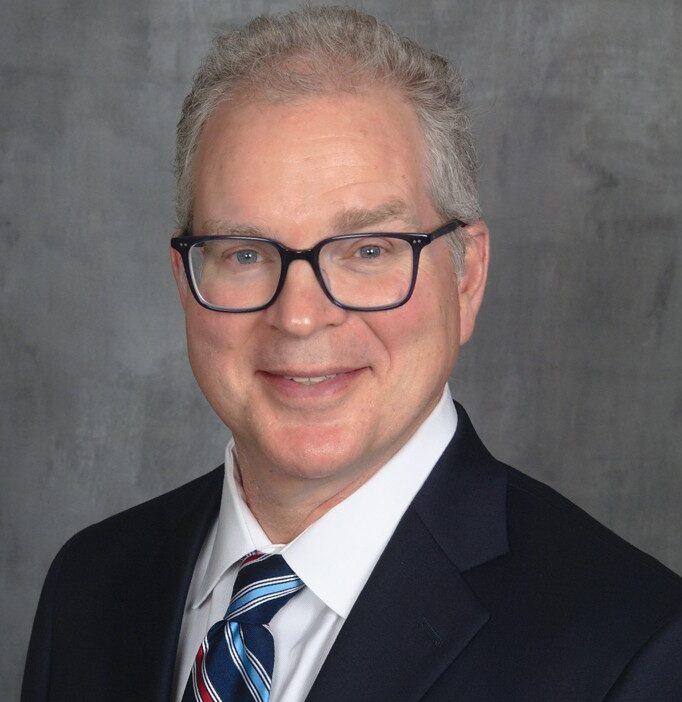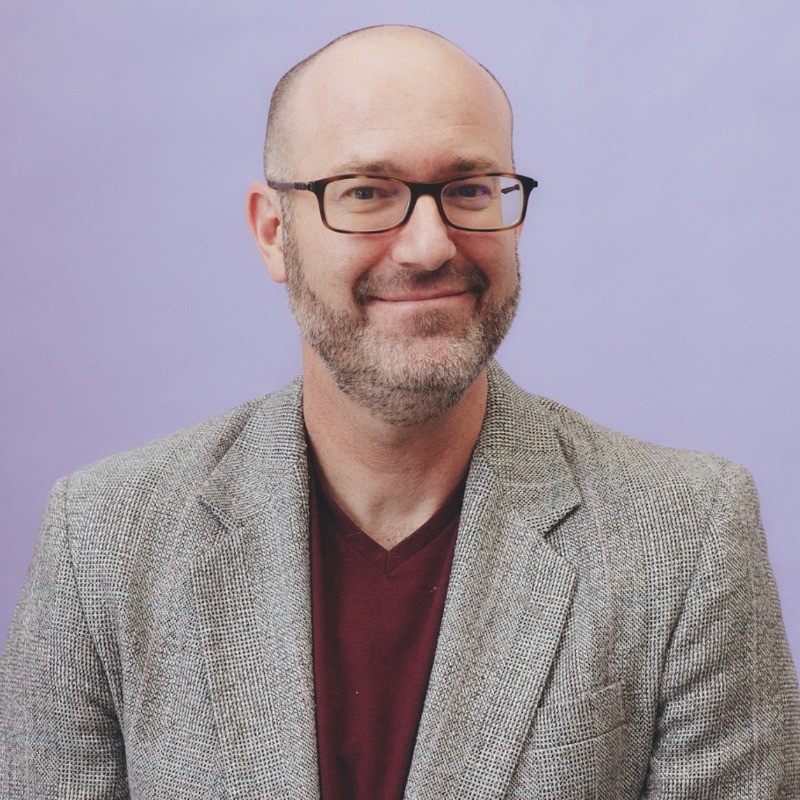Here’s How We Can Improve Mental Health Care for Minorities
Despite continued strides in mental health care equity, disparities in mental health services continue to exist among different racial and ethnic groups. The statistics reveal that among adults with any mental illness, only 39% of Black adults, 36% of Hispanic adults, and 25% of Asian adults received mental health services compared to 52% of white adults.
Cultural factors and individual experiences contribute to the mental health challenges faced by minority groups. Issues relating to cultural differences, language barriers and limited access to culturally competent care exacerbate mental health struggles.
Economic and social factors affecting minority communities can manifest in heightened levels of anxiety, depression and stress that can lead to PTSD. Stressors that are prevalent in disadvantaged communities may also lead these groups to experience disproportionate rates of substance use, suicide and depression. Mixed race individuals may deal with identity issues and face discrimination from those within their own community as well as outside of it — effectively increasing their experience of isolation.
For members of minority groups, having a culturally aligned provider — someone who can truly understand their lived experiences — can make a critical difference in their care, but finding such a provider can be difficult. The American Psychological Association reports that 80% of the U.S. psychology workforce is made up of white professionals. This lack of minority representation among mental health professionals contributes to mental health disparity. Unlike an annual visit to a primary care physician, mental health treatment requires frequent touchpoints, which is why ongoing trust between the patient and provider is crucial. Culturally informed empathy from the provider is equally vital to the patient’s longitudinal success.

“For members of minority groups, having a culturally aligned provider — someone who can truly understand their lived experiences — can make a critical difference in their care.”
Carlos Lindo – SVP, Legal & Compliance
Creating a diverse and culturally competent mental health care system
To improve mental health care for members of minority groups, it is important to adopt an inclusive, culturally sensitive approach. This involves:
Diversifying the Workforce: Providing encouragement and support for members of minority communities to pursue careers in mental health and taking steps to remove the barriers they face when entering the field are critical to eradicating the existing disparities.
Supporting Cultural Competence in Care Providers: Training mental health professionals to be cognizant and accommodating diverse cultural backgrounds and unique needs is important. This includes identifying and confronting implicit biases and acknowledging the distinctions of these communities.
Providing Access to Materials: Developing and distributing educational materials and resources in multiple languages and culturally relevant formats can make mental health care more accessible and effective for minority communities.
Engaging the Community: Collaborating with community leaders and organizations to promote mental health awareness and reduce stigma can encourage more individuals to seek help.
Advocating for Equitable Policies: Advocating for policies that address mental health care, such as increased funding for mental health services in underserved areas and ensuring representation of minority voices in policymaking, serves as a necessary foundation for measurable progress at scale.
Carlos Lindo is senior vice president of legal and compliance at Lucet, The Behavioral Health Optimization Company. Additionally, he serves as an executive co-sponsor of Lucet’s Impact & Responsibility Council (“IRC”) focused on influencing, inspiring and impacting our community of providers, members and employes to feel empowered, safe and included.




